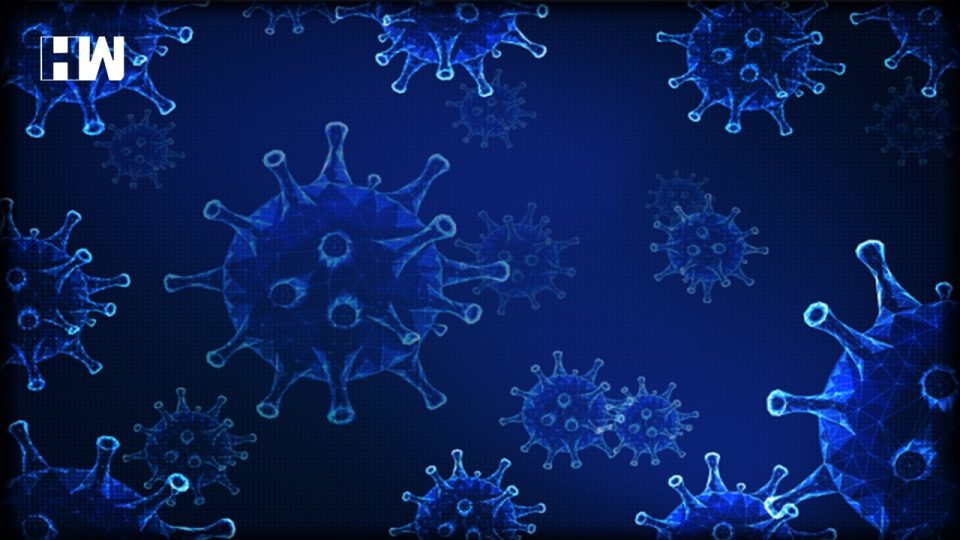B.1.671.2, variant first found in India is ‘Delta’, while earlier found variant in the country will be known as ‘Kappa’.
UN’s health agency, the World Health Organisation (WHO) on Monday announced a new naming system for so-called variants of interest (VOI) and variants of concern (VOC), the forms of the coronavirus with important mutations.
The new system has been devised using Greek alphabets to “simplify public discussions” and also help avoid linkage with nations.
Today, @WHO announces new, easy-to-say labels for #SARSCoV2 Variants of Concern (VOCs) & Interest (VOIs)
They will not replace existing scientific names, but are aimed to help in public discussion of VOI/VOC
Read more here (will be live soon):
https://t.co/VNvjJn8Xcv#COVID19 pic.twitter.com/L9YOfxmKW7— Maria Van Kerkhove (@mvankerkhove) May 31, 2021
“A country may be more willing to report it has found a new variant if it knows the new version of the virus will be identified as Rho or Sigma rather than with the country’s name”, Maria Van Kerkhove, the WHO’s coronavirus lead, said.
“The labels do not replace existing scientific names, which convey important scientific information & will continue to be used in research. The naming system aims to prevent calling COVID-19 variants by the places where they are detected, which is stigmatizing & discriminatory,” the WHO said in a tweet on Monday.
Under the new scheme, B.1.1.7, the variant first identified in Britain, will be known as Alpha, and B.1.351, the variant first spotted in South Africa, will be Beta. P.1, the variant first detected in Brazil, will be Gamma and B.1.671.2, variant first found in India is Delta, while earlier found variant in the country will be known as ‘Kappa’.
Van Kerkhove said that a plan to simplify the nomenclature of the variants has been in the works for several months, led by the WHO’s Virus Evolution Working Group. But it was surprisingly tricky to come up with an acceptable system.
Also Read: “Darkest Year In Over 4 Decades”: P Chidambaram Hits Out At Modi Government Over GDP
The initial plan was to create a bunch of two-syllable names that aren’t words — portmanteaus said WHO’s Frank Konings, who leads the working group. But it quickly became apparent that too many were actually already claimed — some were the names of companies or locations, others were family names. Combining three syllables didn’t solve the problem and four syllables became unwieldy.
The Greek alphabet system got the approval of the experts which the WHO convened to come up with a naming system, some of whom are members of the International Committee on the Taxonomy of Viruses. That group is charged with naming new species of viruses — it named SARS-CoV-2, the virus that causes Covid-19. But it does not name subspecies of viruses, which is why this fell to the WHO.
“I heard it’s sometimes quite a challenge to come to an agreement with regards to nomenclature. This was a relatively straightforward discussion in getting to the point where everybody agreed,” said WHO official Frank Konings said.
The WHO will maintain a list of variants with their new names on its official website.
As an independent media platform, we do not take advertisements from governments and corporate houses. It is you, our readers, who have supported us on our journey to do honest and unbiased journalism. Please contribute, so that we can continue to do the same in future.

